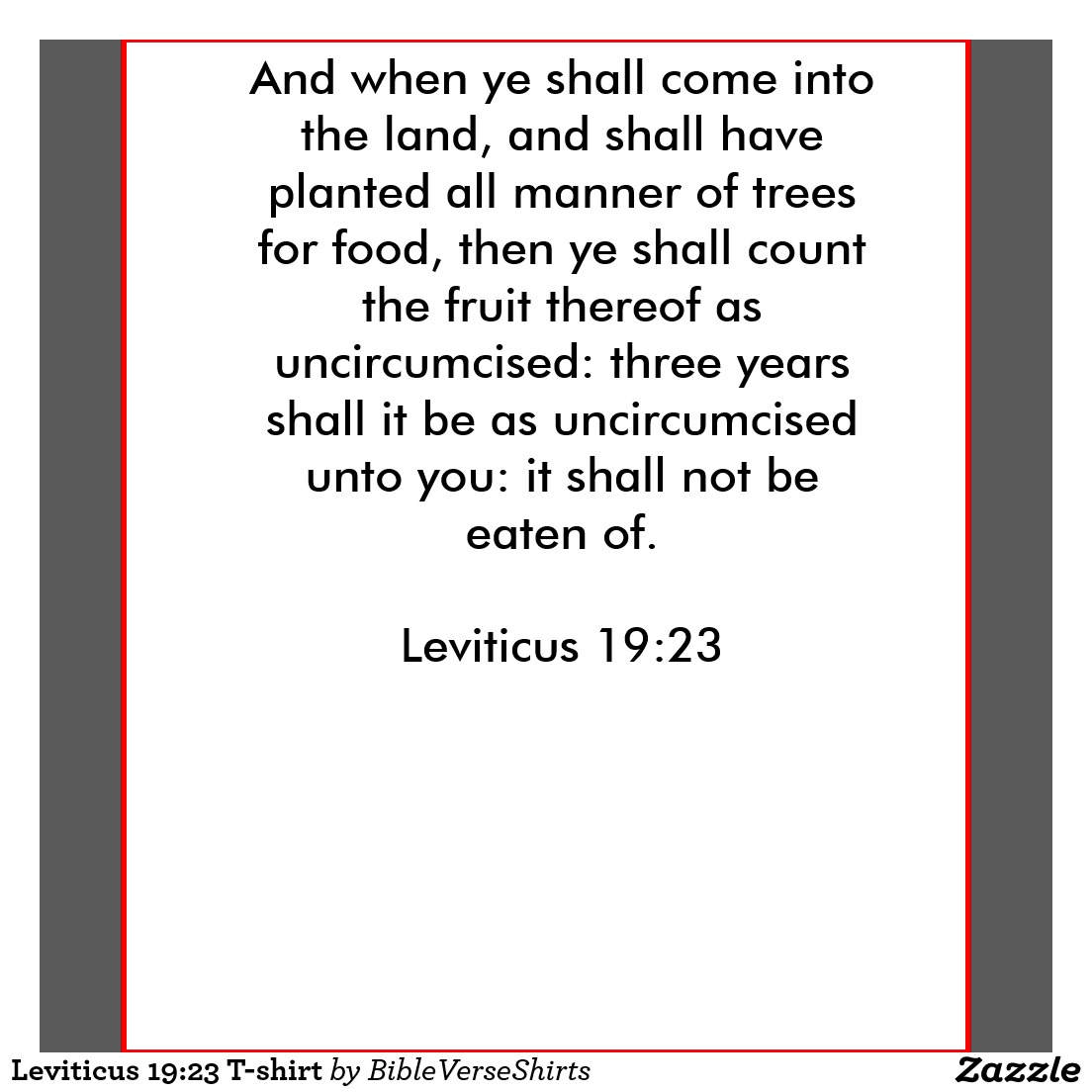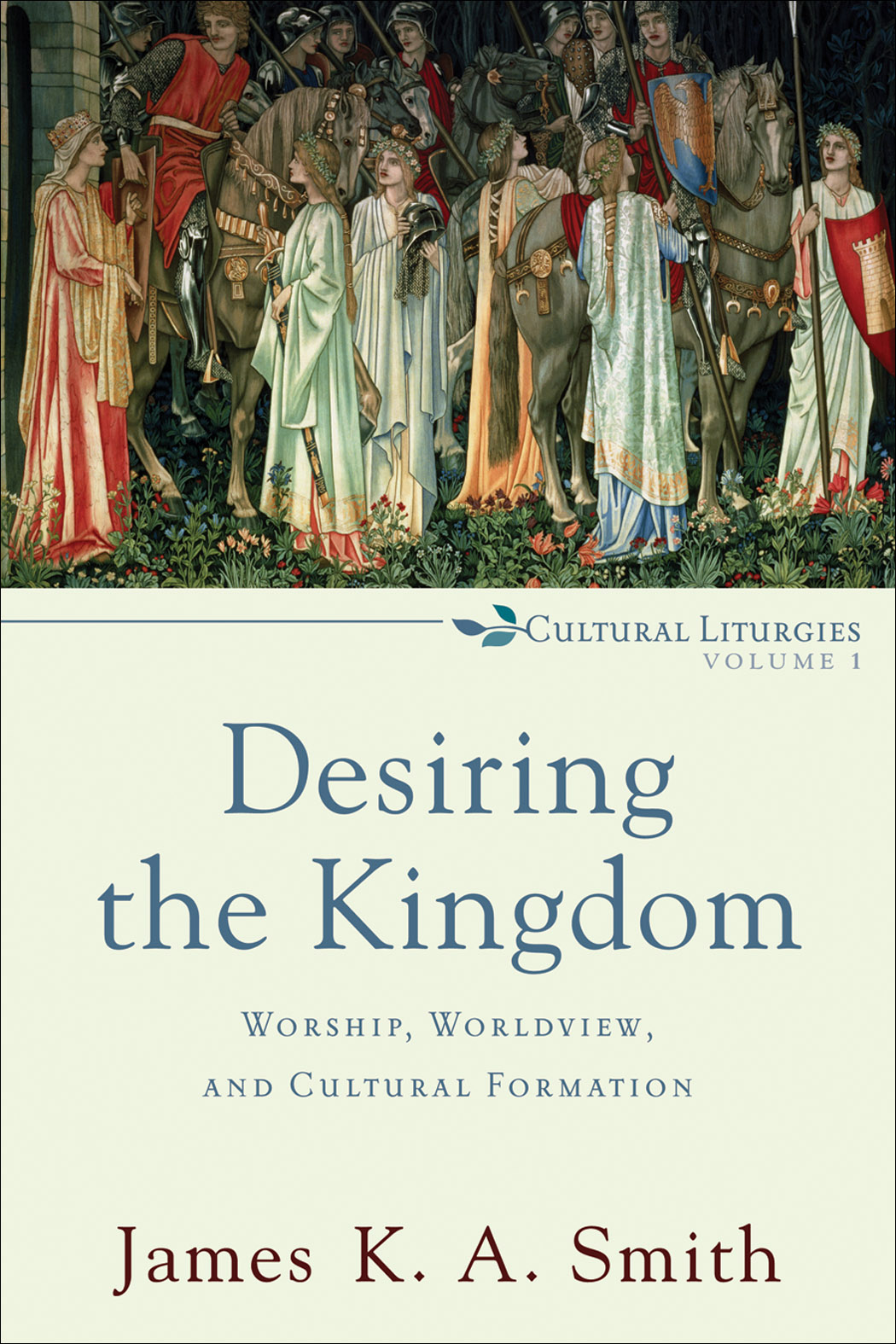Biblical scholar John Pilch writes about the Palestinian fig tree. This tree bears fruit ten months of the year, and so one can reasonably expect to find fruit at almost any time. The time sequence regarding fig trees is as follows:
First, the tree would have three years to grow after planting. The fruit of the next three years is considered forbidden (see Leviticus 19:23), so we’re in year six. The fruit of the seventh year is considered clean but ought to be offered to the Lord (Leviticus 19:24).
The owner in this parable has come seeking fruit for three years, hence it is in year eight, nine and ten since planting - WAY past the time that one would expect a return from the investment. And yet the situation begins to look hopeless. The owner rightly urges that it be rooted out. This involves spading, watering and manuring.
Norman Wirzba recently wrote an article for the Washington Post entitled “Why we can now declare the end of ‘Christian America.’”
National elections are so fascinating. Every four years, Americans collectively paint and present to the world a picture that communicates their aspirations and fears. It is a picture that enables us to see the character of a nation.
The current election cycle is demonstrating (once again) that the rhetoric and mythology of a so-called uniquely Christian America should come to an end. Why? Because the votes don’t lie.
Voters may speak piously - and rather vaguely - about Christian values and ideals but polls and election results communicate clearly that this is a nation consumed by fear, anger and suspicion.
These are not Christian virtues.
If voters were serious about presenting to the world a picture of a Christian America, they would need to be painting with the colors of love, joy, peace, patience, kindness, generosity, fidelity, gentleness and self-control, because these are the colors that, as the Apostle Paul said (in Galatians 5), witness to Jesus Christ and the power of God at work in their lives.
Of course, Americans and their leaders will continue to speak in the name of God, even profess grand things about God, as they make their case for American Exceptionalism and the righteousness of the American Way. But from a scriptural point of view, it is all rubbish.
God is not fooled. What matters is not what you say - but how you live.
And from a Christian point of view, nothing matters more than living a life that is inspired by God’s love for everyone.
So in calling for an end to the rhetoric of a “Christian America,” I am not calling for an end to Christianity in America. The violence and hate, and the greed and the lack of sympathy for those deemed dangerously other, indicate that now is precisely the time for a sustained infusion of God’s love in our political deliberation.
As Pilch mentions, “The tree cannot lift itself by its roots. It needs the intervention of an outsider, the gardener, to spread some manure around.” So what is THAT all about?

“Humans, as St. Augustine noted, are ‘desiring agents.’ We are full of longings and desires and passions. And so, in brief, we are, or we become, what we love” writes author James K. A. Smith. Smith addresses this in his books Desiring The Kingdom and You Are What You Love, The Spiritual Of Habit. Smith examines contemporary “spirituality” saying that whoever - or whatever - we value, we will eventually “worship” and this worship will fundamentally shape our hearts. The author then points that that people take this spirituality, and then “ceremonialize” and “solemnize” it in rites and rituals - a type of liturgical form. For example, he writes that “Malls, stadiums, and universities are actually liturgical structures, and these influence and shape our thoughts and our desires and affections.
The Kingdom and You Are What You Love, The Spiritual Of Habit. Smith examines contemporary “spirituality” saying that whoever - or whatever - we value, we will eventually “worship” and this worship will fundamentally shape our hearts. The author then points that that people take this spirituality, and then “ceremonialize” and “solemnize” it in rites and rituals - a type of liturgical form. For example, he writes that “Malls, stadiums, and universities are actually liturgical structures, and these influence and shape our thoughts and our desires and affections.
He goes on to say:
As Catholics, we say that we desire to shape culture, but we are not often aware of how the culture is shaping us. We might not realize the ways our hearts are being taught to love rival gods instead of the One True God.
What is the antidote? Smith helps readers first recognize the formative power of culture and then suggests how the transformative possibilities of Christian practices can act as an antidote to the culture. Smith explains that Christian liturgical worship is the “imagination station” that incubates our loves and longings so that our endeavors are then indexed towards God and his kingdom. This is why the church and worshiping in a local community of believers should be the hub and heart of Christian formation and discipleship.
There is a blogger named Rod Dreher. Dreher writes that we live in a culture of moral chaos and fragmentation which is similar to the situation faced by St. Benedict hundreds of years ago. Dreher outlines the issues:
- First, since the Age of Enlightenment, society has extolled the value of the autonomous individual.
- Second, the Enlightenment project not only cut Western man off from his roots in tradition - most especially the Christian tradition - it has now become hostile towards that tradition.This was a tradition which, for centuries, acted as a moral compass calling attention to the actions of human beings and society and offered a kind of moral course correction.
- Third, a lack of awareness of this fact is part of our problem. Our contemporary world is simply too dark.
- Fourth, modern forms of Christianity are simply not challenging us enough. They don’t “call out” the way we live on a day to day basis.We accept modern society’s assumptions, and are therefore highly susceptible to being colonized by it.
- The result is that today, you can’t simply be Christian, make up your mind to be good, and join a church with good people in it.The reason is that our culture has become so overwhelmingly saturated with an individualist approach to life, that you inevitably end up worshiping yourself, your desires, your pleasures.
We simply cannot merely drift through life any more or we will miss the mark.
What is the antidote?
The fig tree cannot lift itself by its roots. We cannot lift ourselves by our own “spiritual bootstraps.” The fig tree needed the intervention of an outsider, the gardener, to spread some manure around.It seems simplistic but we need the intervention of an outsider: Christ and His Church.
Solution 1: In his books, James Smith writes that:
“We need to recognize the formative power of culture and then suggest how the transformative possibilities of Christian practices can act as an antidote to that culture. Christian liturgical worship can be the “imagination station” that incubates our loves and longings - so that our endeavors are then indexed towards God and his kingdom. This is why the church and worshiping in a local community of believers should be the hub and heart of Christian formation and discipleship.
Solution 2: Rod Dreher has written on a concept he has termed “The Benedict Option” which is based on the lifestyle of St. Benedict of Nursia. TBO is about finding our way back to the straight path will require establishing new forms of living as a Catholic community. This lifestyle will have, as its end, a life of virtue that is habitual, intentional and causes people to be excited about it in the same way most young men of this age talk about their favorite college football team going to the national championship.
“The Benedict Option” will be a life different enough from society - that people will think that you’re strange (“What do you mean you don’t shop on Sundays? Do you really turn off all electronic devices after dinner? iPhone, iPad, computer, television?“) But one of the aspects of this life is that it will be a life that is orderly, which will sharply stand out from the frenetic, hectic, chaotic lives of many around us. As one Benedictine monk recently related, “When you truly order your life to Christ, it orders everything else in your life. It has to.”
How will you know when you’re getting it right? Let me quote Augustine again.
Christ says to us: “If you keep my commandments, you will abide in my love.” What Christ is telling us, is that it’s not about rules and regulations. Obedience to the commandments, holiness of life and knowledge of the truth are not the source - but rather the gauge and touchstone of our love.
A word of caution: It’s like using manure. This will be sloppy, smelly and messy because its not about rules and regulations but about a relationship - and loving relationships are sloppy,smelly and messy at times. And a relationship with Christ is especially so. Abiding in Christ, talking to him, inviting him into you day to day activities will not be a nice and neat experience.
… and yet - it is also quite mystical.
Audio version of the homily is here: